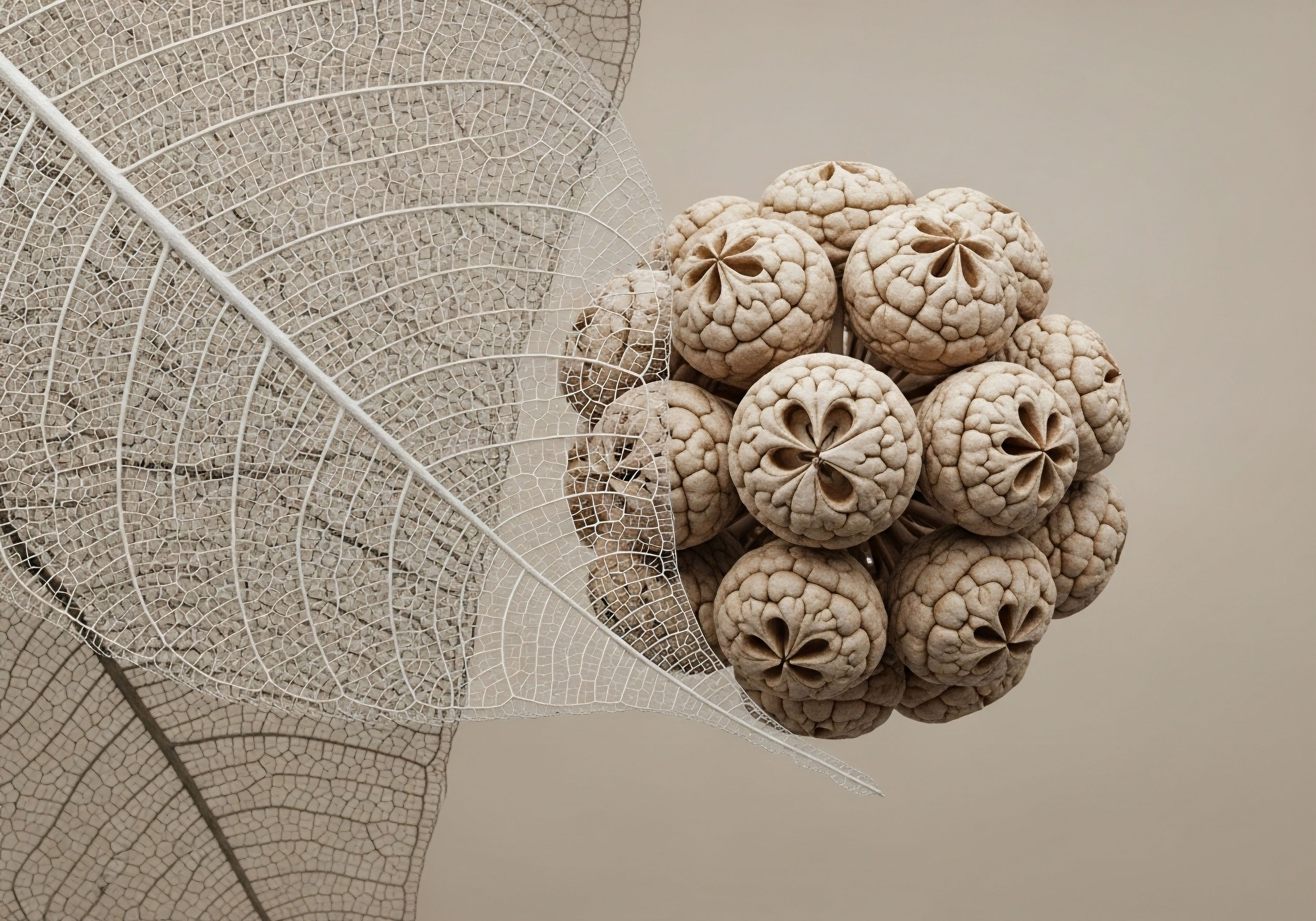Can TCM Diagnostics Predict Peptide Therapy Responsiveness?

TCM diagnostics may predict peptide therapy responsiveness by mapping systemic patterns to underlying molecular needs.
HRTioAugust 23, 2025

